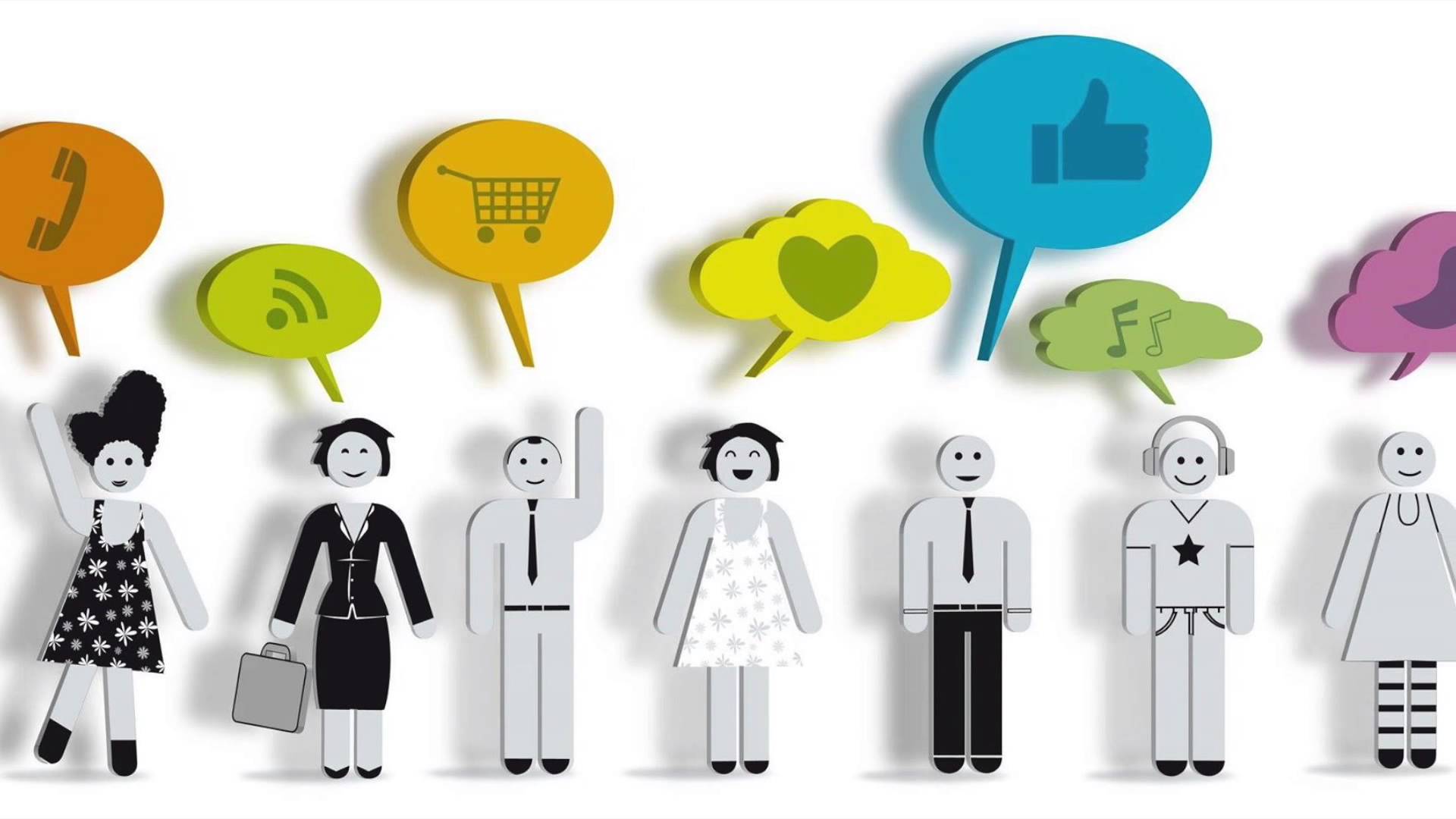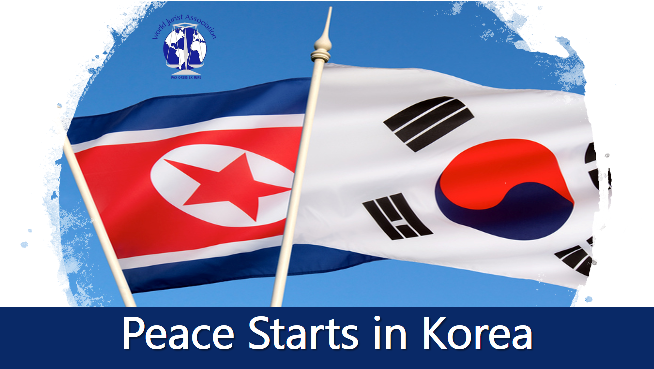 The present coronavirus situation in Korea will have an impact on the way of life that Koreans have lived for some time to come. A university professor gives the readers of the Peace Weekly in her column: Diagnosis of the Present what this will mean for the consumers and small business people.
The present coronavirus situation in Korea will have an impact on the way of life that Koreans have lived for some time to come. A university professor gives the readers of the Peace Weekly in her column: Diagnosis of the Present what this will mean for the consumers and small business people.The consumer sentiment index, which peaked at 105 points in January 2020, fell below 100 points in February. This index judges consumer sentiment by combining six major individual indices such as current lifestyle, household income outlook, and consumption expenditure. If the value is higher than 100, the number of households is giving a positive outlook if below a hundred it's negative.
Since the Coronavirus 19 crisis situation was in full force in February, the March index will be worse. If the difficulties of small self-employed and offline retailers and service industries are forced to take unwanted leave, it would seem obvious that a decrease in household income will lead to sluggish consumption. How will people's consumption behavior change when the crisis is over?
Whether a financial crisis or a contagious virus, when things return to normal, after a crisis, consumption continues to fall for some time. This is because consumers' way of thinking has changed and the consuming desire has contracted. Because consumers are motivated to keep their incomes and consumption stable in the future, when uncertain, they try to reduce current consumption and increase savings for the future. According to the data on consumer behavior after the financial crisis (1997), consumers tended to reduce food and clothing expenses and entertainment expenses first, and keep savings intact.
In addition, there is a tendency to purchase products more carefully than before. In particular, when purchasing durable goods, one postpones or is cautious since these goods require a large amount of management and maintenance costs in addition to purchase costs. After a disease like coronavirus, consumption behavior that prioritizes safety and hygiene will appear. In particular, safety should be an important selection keyword in food, hygiene, cosmetics, and baby products, as well as in the travel, lodging and foodservice industry. In the financial and insurance industries, there is a possibility that the market, which has strengthened the concept of 'reliability', will expand.
The crisis caused by the outbreak of viruses also changes consumers' shopping choices. Due to anxiety about the future, many will be going to large discount stores, wholesale markets, and online. In particular, in the case of coronavirus, the movement to online shopping will be notable. The main strengths consumers perceive for online shopping are low prices and convenience, but now we have safety as a new strength.
Due to concerns about coronavirus, online sales at one large discount store, in February increased more than twice that of the same period last year. Shopping, like any other action, is a habit. Once the customer has turned to online, it takes a lot of effort, such as discovering a different benefit than before, to bring the consumer back offline.
It took almost four to five months for consumer sentiment to recover after the 2015 MERS outbreak and return to normal. Even if the coronavirus calms down, it will take months for consumer sentiment to return. In the meantime, it's time for each member of the consumer market to build up an immunity to the crisis, seeking to grow, discussing and working together to overcome the difficulties.



